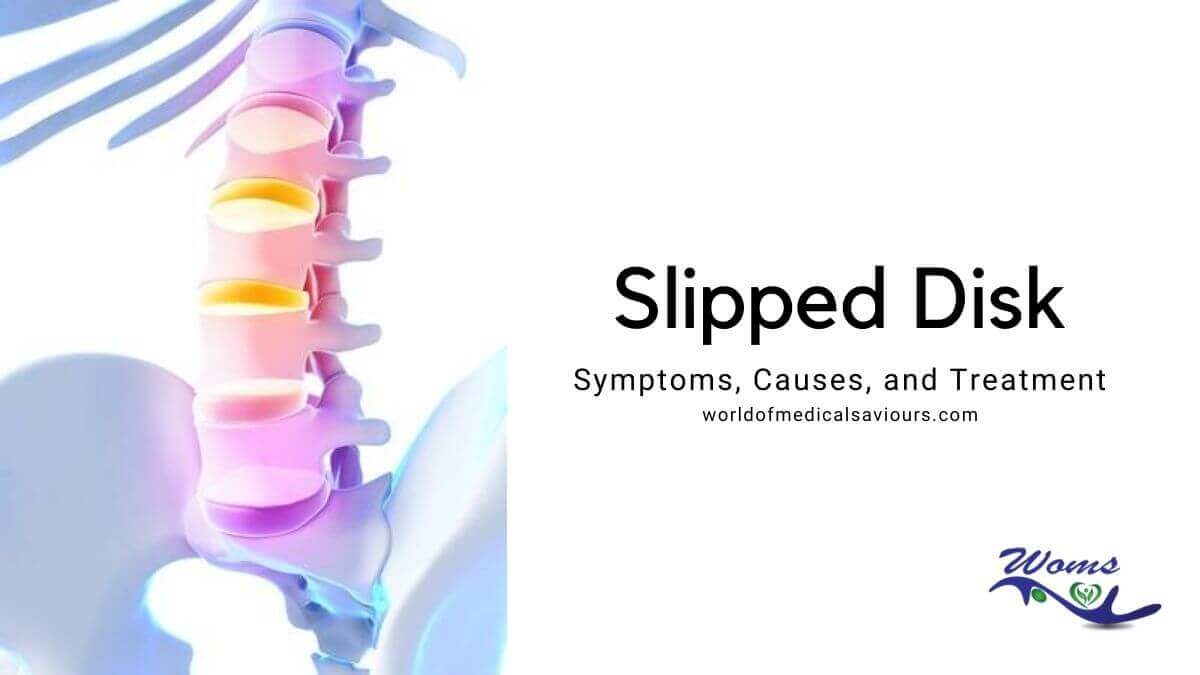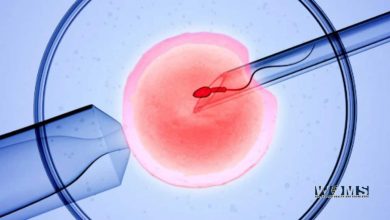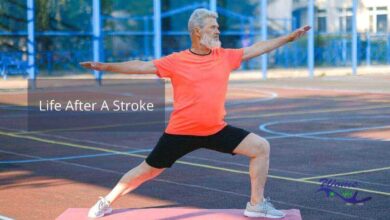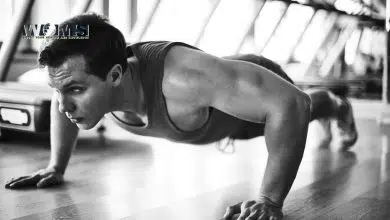Slipped Disk | Symptoms, Causes, and Treatment

The human spinal column consists of 33 vertebrae that are separated by intervertebral disks, also called spinal disks. These disks strengthen the spine, providing shock absorption and protection for spinal nerves.
Each disk is made from a tough fibrous outer shell (annulus) and a soft jelly-like inner core (nucleus). Although the body’s spinal disks are extremely durable, they can be damaged by injury or disease.
One of the most common problems that occur is a “slipped disk” which is also called a herniated or prolapsed disk. It occurs when an injury or weakness in the outer shell of a spinal disk allows the inner portion of the disk to protrude through.
When a slipped disk occurs, it causes back pain and soreness. If the affected disk begins to press on a spinal nerve, it may also result in weakness or numbness in the legs or arms. At this point, it can become a dangerous condition.
To help you learn more about this common health problem, here are the slipped disk symptoms, slipped disc causes, and slipped disc treatment options.
What Are The Common Slipped disk Symptoms?
Slipped disks can happen anywhere along the spine, but they are most common in the lower back or neck. The slipped disk symptoms can vary, based on the location of the affected disk and any nerves it is pressing on. It is a must to know the slipped disk symptoms. However, common slipped disk symptoms include:
- Back or neck pain
It’s common to experience back pain in the region where the slipped disk is located. - Arm or leg pain
If your herniated disk is in contact with a spinal nerve, it can cause pain, numbness, or a tingling sensation anywhere along the path of the nerve. So, if a slipped disk is pressing on a nerve in the lower, it may cause symptoms in the thighs, calf, buttocks, or foot. If a slipped disk is pinching a nerve in the neck, it may cause pain in the arms, shoulders, or hands. This type of nerve pain is often causing a sharp or burning sensation. - Difficulty straightening your back
A slipped disk can affect your spinal mobility, making it harder to straighten your back. - Muscle weakness
Muscle weakness sometimes occurs when a skipped disk is pressing on a nerve. It is often associated with a condition called sciatica, where a slipped disk presses on the sciatic nerve. - Pain that worsens during certain movements
People with a slipped disk often find that their pain levels increase when they bend or twist their spine. It’s also common to experience more pain at night or when walking.
If you sense these slipped disk symptoms then don’t overlook it. After knowing that these signs are slipped disk symptoms seek a doctor for it.
In some rare cases, slipped disks can compress the spinal canal and potentially cause permanent nerve damage. This can be very dangerous as it may lead to paralysis or muscle weakness. The following signs indicate that a person’s slipped disk may be pressing on the spinal canal:
- Rapidly worsening symptoms
- Bladder or bowel dysfunction
- A loss of sensation in the back of legs, rectum, and/or inner thighs
What Causes A Slipped Disk?
The most common causes include:
- Degenerative disk disease: As we get older, the condition of our spinal disks tends to worsen. The disks lose their cushioning and become more prone to rupturing or tearing. The term degenerative disk disease is used to describe this age-related decline in the condition of the spinal disks.
- Lifting of heavy objects: When you lift a heavy object, it can place significant strain on the back and cause a slipped disk.
- Awkward movements: Twisting movements can sometimes result in a slipped disk.
- Injuries and accidents: Sporting injuries and car accidents can sometimes result in a slipped disc. If you have been injured in an accident, it’s important to get your injuries assessed and documented in the chance you may need to seek a settlement for a herniated disc.
There are a variety of risk factors that increase a person’s chance of suffering a slipped disk, including obesity, age, occupation, smoking, and genetics.
Slipped disk Treatment Options
The slipped disk treatment options for a slipped disc range from home remedies and over-the-counter medications through to major surgery. The appropriate slipped disk treatment will depend on the severity of your symptoms and any complications you are experiencing. The slipped disk treatment options include:
Medications
One of the slipped disk treatment options is medication. The medications which are useful for treating the symptoms of a slipped disk include:
- Over-the-counter pain relief medications
If your pain is mild, a doctor will prescribe products containing acetaminophen (Tylenol) ibuprofen (Advil) or naproxen sodium (Aleve). - Muscle relaxers
If you are experiencing muscle spasms that are causing mobility issues or pain, a doctor may prescribe muscle relaxers. - Cortisone injections
If other medications do not work, an injection of cortisone may be used to reduce inflammation. - Opioids
If your pain is severe, an opioid may be prescribed. However, due to the addictive nature of these drugs, your doctor may be hesitant to use them.
Home remedies
Your physician may advise you to use home remedies to relieve pain and reduce inflammation. Some effective options include hot and cold therapy, additional physical exercise, and staying active (limiting of bed rest).
Physical Therapy
A physical therapist can provide you with exercises designed to strengthen your body and minimize the pain associated with a slipped disk.
Alternative medicine
There is some evidence to suggest that complementary and alternative therapies like chiropractic care, acupuncture, acupressure, and massage can provide pain relief.
Surgery
If initial forms of slipped disk treatment fail to provide pain relief or a patient’s symptoms are rapidly worsening, a physician may recommend surgery. Surgery may be used immediately if a patient’s slipped disc is damaging their spinal cord. There are several possible surgeries, including:
- Diskectomy
The damaged portion of an intervertebral disk is removed to relieve pressure on a spinal nerve. In some cases, the entire disk is removed. - Laminectomy
A part of the vertebrae called the lamina is partially removed to relieve the pressure on the spinal cord or nerves caused by a slipped disk. - Artificial disk surgery
The slipped disk is completely removed and replaced with an artificial disk. - Spinal fusion
The slipped disk is removed and the vertebra surrounding it are permanently fused together.
As you see, there are many slipped disk treatment options available for a slipped disk. If you believe you have a slipped disk, talk to your physician, and have a diagnosis performed. You can then obtain the appropriate treatment and enjoy some much-needed pain relief.
Takeaway:
One of the most common problems is also called a herniated or prolapsed disk. It occurs when an injury or weakness in the outer shell of a spinal disk allows the inner portion of the disk to protrude through. You can see if you have the symptoms mentioned above. If you see it then you must seek treatment to stop the worsening condition of it.




